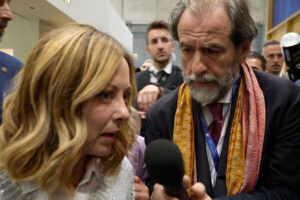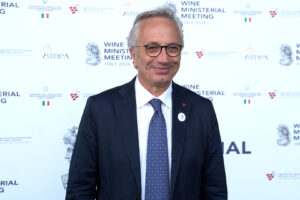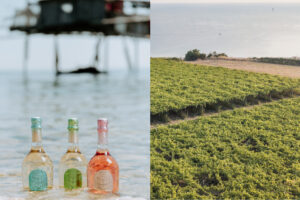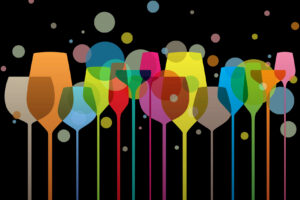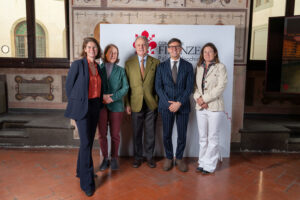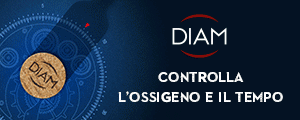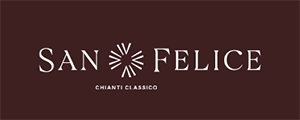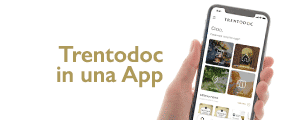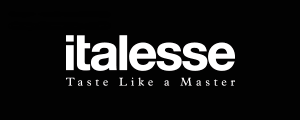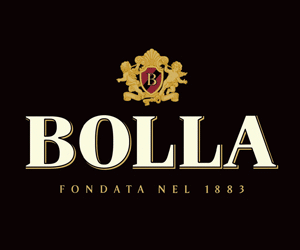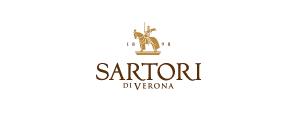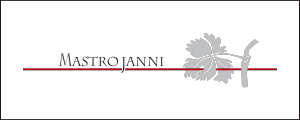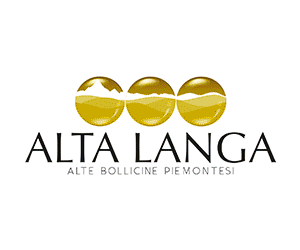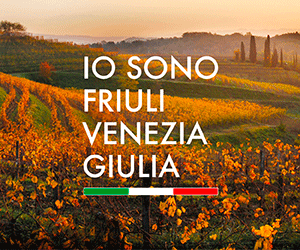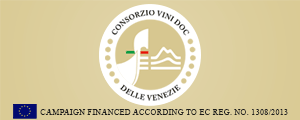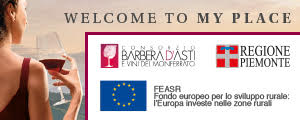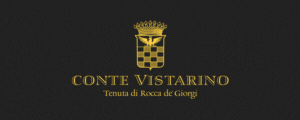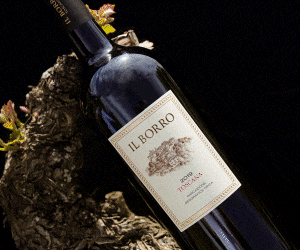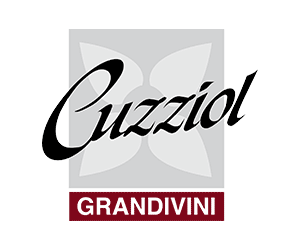To consumers not in the circle of wine fans and experts, the price of the bottle of wine gives a more or less positive impression of wines tasted, whether or not the wines are actually different. This is the result of a joint study the International Business School INSEAD and the University of Bonn conducted, which analyzed the cerebral reactions of 30 people, via magnetic resonance imaging, during multiple tasting tests (https://goo.gl/eDR5Lm). And, the result was that whether the samples were free, or "paid for" by a sum previously given to the participants as a reward for carrying out a preliminary task, the latter tended to confirm the best samples were the ones at the highest price and the worst at the lowest price, although they were actually the same wine.
The study started with a pool of 54 participants, and later excluded both wine experts and those who cannot drink wine due to nutritional or health reasons.
The researchers at the University of Bonn then asked 30 people to taste various samples of three different red wines - priced at 3, 6 or 18 euros - while in a functional magnetic resonance scanner, which records the variation of blood flow in different areas of the brain to measure activity and consequently their roles in carrying out a given task. The wines, as we mentioned, were actually all one wine that came from a bottle priced at 12 euros on the shelf, but each participant was told that each sample was a different price range.
The test lasted about 90 minutes and after analyzing the test results the researchers concluded that the brain evaluation system, along with the prefrontal cortex, implemented the false data of different prices in the qualitative assessment of wine, whether or not the participants paid a percentage of the price or not. Therefore, the study concludes, “neural connections related to motivation and affective regulation play a crucial role in the effect of informative data in sensory experiences”. Further, the low price influenced the evaluation of the wine negatively, while the high price influenced it positively.
So, for the general public of wine consumers, knowing before that a wine costs very little “kills” its potential in terms of perceived pleasure, while on the contrary, knowing the wine you are going to taste has a more substantial price increases the perceived pleasure.
Copyright © 2000/2024
Contatti: info@winenews.it
Seguici anche su Twitter: @WineNewsIt
Seguici anche su Facebook: @winenewsit
Questo articolo è tratto dall'archivio di WineNews - Tutti i diritti riservati - Copyright © 2000/2024



















